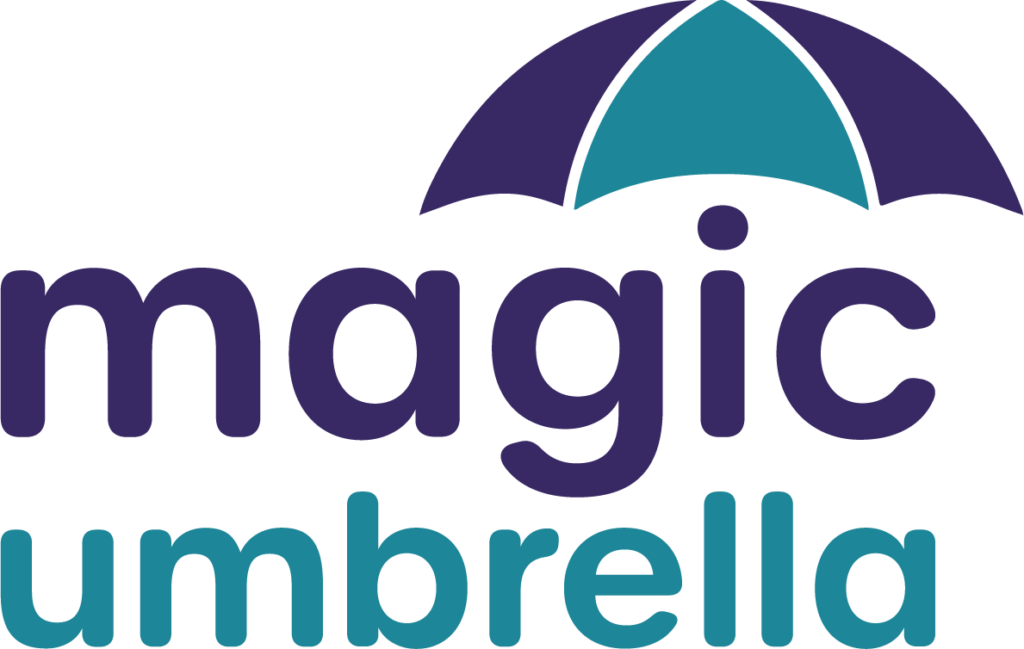The findings of the government consultation into tackling non-compliance in the umbrella company market and the most effective way to address issues of tax and employment rights non-compliance by umbrella companies have been published. What do these tell us, and how does the government plan to act in response?
On 4 March 2025, the government published the outcome to its Call for Evidence consultation on tackling non-compliance and tax avoidance in the umbrella market.
Government priorities and next steps
Included is a summary of the government’s priorities in response to the consultation’s findings, and specifically what it will do to address these:
- The Government considers that timely action in the umbrella company market is imperative to protect the most vulnerable workers.
- Informed by the responses to this consultation, the government is therefore legislating to define umbrella companies, to allow for their regulation and to bring them within scope of the Employment Agency Standards Inspectorate’s (and subsequently, the Fair Work Agency’s) remit, through an amendment to the Employment Rights Bill.
- The government is also committed to closing the tax gap and making the tax system fairer by ensuring temporary workers are protected from large, unexpected tax bills caused by unscrupulous behaviour from non-compliant umbrella companies. As announced at Autumn Budget 2024, where an umbrella company is used in a labour supply chain to engage a worker, the government will bring forward legislation to move the responsibility to account for PAYE from the umbrella company that employs the worker, to the recruitment agency that supplies the worker to the end client. Where there is no agency in a labour supply chain, this responsibility will sit with the end client. This will take effect from April 2026.
The government says it will next set out the actions it will take to ensure workers get comparable rights and protections when working through an umbrella company as they would when taken on directly by an employment business. The government is to also set out its plans to tackle tax avoidance in the umbrella company market, which aligns with the aims of the Make Work Pay plan.
Industry reaction
Commenting on the consultation responses and the governments planned action, Crawford Temple, the CEO of Professional Passport – of which Magic Umbrella is an approved partner – told Global Recruiter:
“The Government will be pressing ahead with its plans to tackle tax avoidance and put the onus on agencies to operate PAYE correctly. However, there are many unanswered questions still and the true impact of the changes will only be fully understood once the draft legislation is provided, and we can fully understand the size of the task facing agencies and providers so they can adequately prepare ahead of April 2026. HMRC needs to step up and we know that legislation is not the sole answer and must be supported with visible compliance and enforcement which has been lacking from HMRC in recent years.
The announcement clarified the Government’s intention to define and regulate umbrella companies. However, any definition needs careful consideration as any definition can be re-engineered and could open the doors to further non-compliance. Government needs to tread carefully in the implementation of its plans as any loopholes could simply lead to further exploitation of the rules and another boom in non-compliance.“
The consultation outcome in detail
About the consultation
Following an earlier Call for Evidence, the previous government launched a consultation on tackling non-compliance in the umbrella company market, which ran from June to August 2023. The consultation set out to establish the views on a creating a legal definition of umbrella companies, which is essential for the next step of creating enforceable legislation of umbrella companies.
The consultation made proposals with the aim of gathering responses from stakeholders about the most effective way to address issues of tax and employment rights non-compliance by umbrella companies. Addressing these issues would enable the delivery of improved outcomes for workers, support a level playing field in the umbrella company market, and protect taxpayers from the significant revenue losses arising from non-compliance, while also supporting economic growth.
The consultation put forward suggestions for the definition of umbrella companies with the purpose of subsequently regulating them and also laid out three options for improving tax compliance in the umbrella company market.
Regulating umbrella companies for employment rights
The consultation set out two proposed methods for defining umbrella companies, and to establish which would be the more effective against two key criteria – precision and longevity.
The responses highlighted the complexity of defining umbrella companies in a way that achieves the objectives, but didn’t draw any useful conclusion.
The government also sought views on the substance of umbrella regulations to be introduced once a legal definition is established and how they might be enforced. The consultation responses said the government should focus on:
- financial detriments,
- worker understanding of the umbrella arrangement, and
- ensuring genuine businesses operate in the umbrella market.
There was support for the principle that the Employment Agency Standards (EAS) Inspectorate should be responsible for enforcing regulation of umbrella companies.
Tackling tax non-compliance in the umbrella market
This part of the consultation outlined strategic options for preventing tax non-compliance in the umbrella company market by changing behaviours in the temporary labour market. As such, it invited views on how these options could be developed and what their impacts could be on non-compliance. Other questions looked at impacts on the umbrella company and wider labour markets. The responses reveal three options:
1. Mandating due diligence
- would have a positive impact on non-compliance in the umbrella company market.
- would provide valuable certainty and support from the government.
- May not go far enough and have a limited impact on non-compliance, either because non-compliant umbrella companies would find a way to avoid scrutiny, or because there were already clauses in place between clients and agencies on supply chain liability.
2. Transfer of tax debt that cannot be collected from an umbrella company to another party in the supply chain.
- mixed views on whether introducing a power to transfer umbrella company tax debts would be effective at tackling tax non-compliance.
- would encourage employment businesses to take greater care when choosing an umbrella company.
- could embolden umbrella companies to be non-compliant.
- there should be protection for businesses that could show due diligence checks had been completed.
3. Deeming the employment business which supplies the worker to the end client to be the employer for tax purposes where the worker is employed by an umbrella company, moving the responsibility to operate Pay As You Earn (PAYE).
- majority view that the introduction of this option would reduce non-compliance.
- Some views that result could be businesses moving away from using the umbrella company model to engage labour.
- some believe this option would improve compliance.
Targeted options to address tax non-compliance
This section examined the Value Added Tax (VAT) Flat Rate Scheme, and the Employment Allowance. Both have been targeted by so-called mini umbrella companies (MUCS), who abuse both schemes to benefit from lower levels of VAT and employer National Insurance Contributions (NICs).
- Many respondents suggested the VAT flat rate scheme is largely used for financial benefit rather than its intended purpose of simplification, and acknowledged that umbrella companies abused the VAT Flat Rate Scheme. Almost half of respondents suggested the scheme should be removed to prevent abuse while some suggested a new scheme which reflected modern accounting practices.
- The Employment Allowance is simple to use and relies on self-assessment of eligibility making it easier for umbrella-style companies to abuse. Some umbrella companies fraudulently it by splitting businesses into multiple smaller companies (MUCS) and ensuring the company’s employer NICs liabilities for the year are covered by the Employment Allowance, meaning no employer NICs is paid.
The government states it will not progress measures to address VAT and Employment Allowance abuse, but continue to monitor levels of abuse and whether further action.




